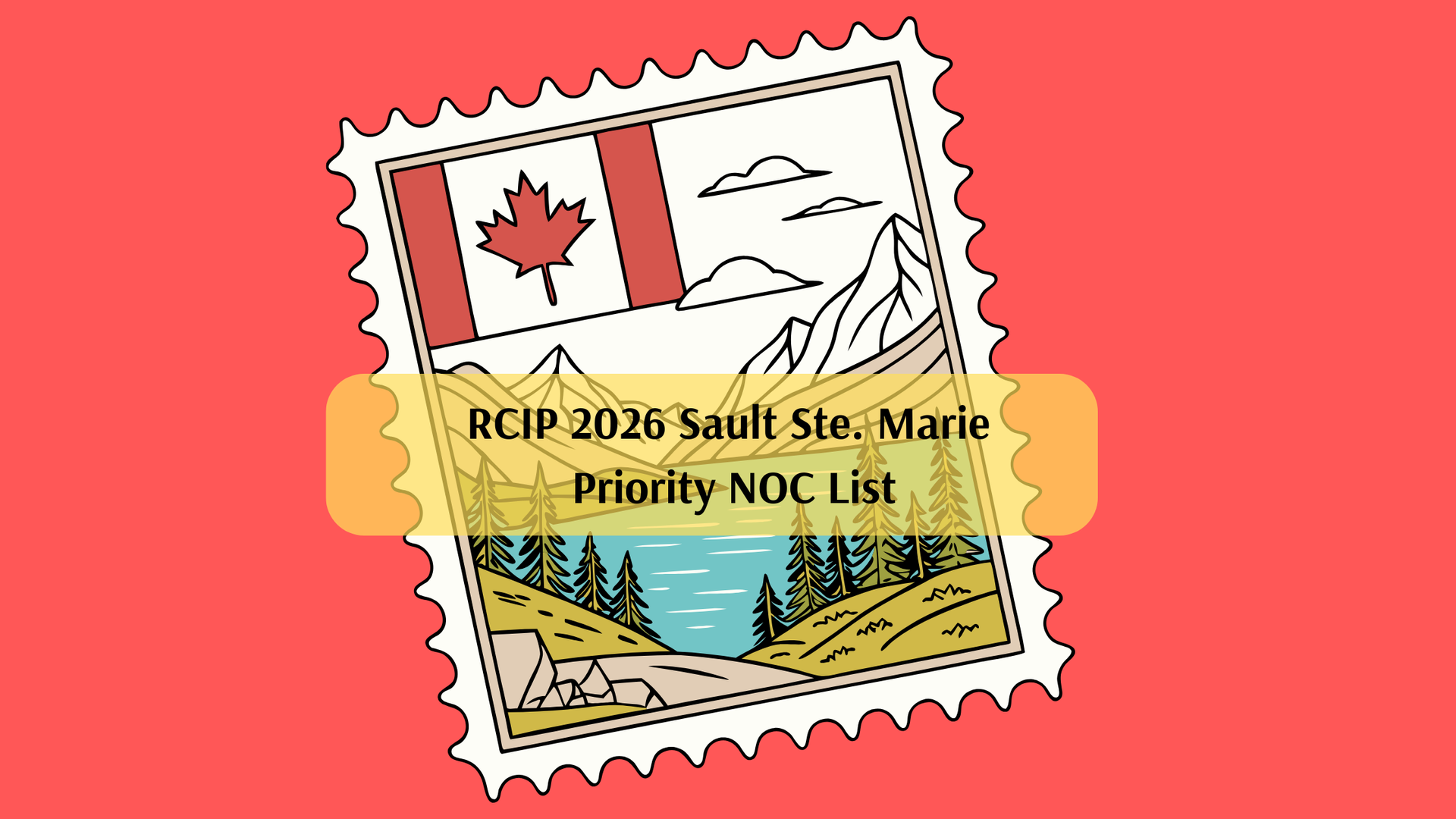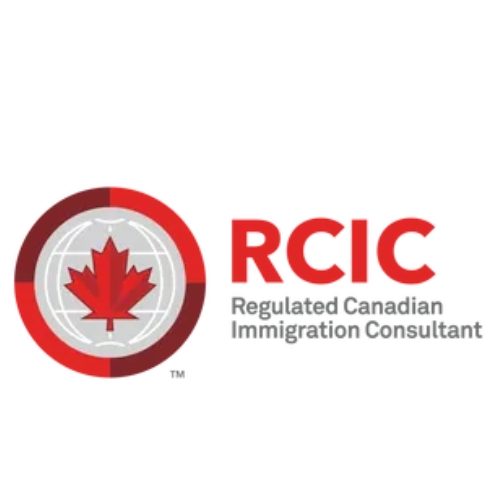Demonstrating Intention to Reside for Rural and Francophone Community Immigration Class
Immigration to Canada through the Rural and Francophone Community Immigration Class is an excellent opportunity for applicants to become part of the vibrant, diverse communities outside Canada’s major urban centers. One of the essential requirements for this immigration class is the demonstration of the applicant’s intention to reside in a designated community. This means the applicant must prove that they are committed to living, working, and integrating into the rural or Francophone communities that are actively seeking newcomers.
In this blog, we will explore how to effectively demonstrate your intention to reside in these communities, the importance of such a demonstration, and practical ways to ensure your application aligns with the expectations of immigration authorities.
Understanding the Rural and Francophone Community Immigration Class
The Rural and Francophone Community Immigration Class was designed to address the unique needs of communities in rural and Francophone regions of Canada. These communities face specific challenges, such as lower population growth and difficulties in attracting skilled workers. By promoting immigration to these areas, the Canadian government hopes to support local economies, improve social services, and encourage cultural diversity.
To participate in this immigration stream, applicants must meet a set of criteria, including demonstrating their intention to live and integrate into the targeted rural or Francophone communities. This is where the emphasis on demonstrating your intention to reside becomes critical.
Why is it Important to Demonstrate Intent to Reside?
Immigration authorities want to ensure that newcomers are committed to staying in the community they apply to. This ensures that the program fulfills its purpose: fostering sustainable growth in rural and Francophone regions. The government wants to ensure that applicants will be able to contribute to the economy and integrate into the social fabric of the area, rather than moving to larger cities or areas with more established immigrant populations.
Failure to convincingly demonstrate your intention to reside in the community can lead to rejection of your application or difficulty obtaining permanent residency.
Key Steps to Demonstrate Your Intention to Reside
1. Research and Understand the Community
Before applying, invest time in researching the designated rural or Francophone community. Understand its culture, economy, available services, and lifestyle. This knowledge will not only help you make an informed decision about your move but will also help you articulate why you want to live in that community.
- Learn about the local job market: Understand the types of employment opportunities available in the area. Be sure to show that you are aware of job opportunities that align with your skills and experience. If possible, obtain a job offer from an employer in the designated community.
- Understand the community’s culture: In addition to the economic aspects, immerse yourself in the cultural aspects of the community. Understand its values, social norms, and lifestyle. This will help you demonstrate that you’re genuinely interested in becoming part of the community.
2. Create a Detailed Settlement Plan
A robust and detailed settlement plan is crucial for proving your intent. This plan should outline your long-term goals, how you plan to integrate into the community, and what steps you will take to settle successfully.
- Outline housing plans: Show that you have considered where you will live. Include information on the types of accommodations available, rental or purchase options, and your preference for settling in a particular neighborhood.
- Plan for family members: If you have family members accompanying you, include their settlement plans as well. This could involve their education, employment, and integration into the community.
- Community involvement: Demonstrating a willingness to get involved in the community through volunteer work, social groups, or local activities will show that you’re committed to becoming an active member of the community.
3. Show Ties to the Community
Establishing strong ties to the rural or Francophone community is a powerful way to prove your intention to reside there. Ties can include any connections you have to the community, such as family, friends, or professional relationships.
- Family connections: If you have relatives or close friends living in the designated area, mention them in your application. This shows that you have a support system in the community, which will help with your integration.
- Previous visits: If you’ve visited the community before, make sure to mention these trips and explain how they shaped your decision to move there. Share any personal experiences that deepened your connection to the community.
- Community support services: Demonstrating your awareness of and willingness to use local settlement services such as language training, employment assistance, and social integration programs shows your intent to settle and contribute to the community.
4. Obtain a Job Offer in the Designated Area
A job offer from an employer in a rural or Francophone community is one of the strongest pieces of evidence that you intend to reside in that community. If you’re already working for an employer in the area, make sure to provide a letter of employment detailing your position, salary, and job duties.
- Show long-term employment intentions: Employers are more likely to hire someone who is genuinely committed to living in the area for the long term. Highlight your plans for professional growth within the local job market.
- Demonstrate your skills match: If you are applying for a job, ensure that your skills align with the needs of the community. This can further demonstrate that your immigration will benefit both you and the community.
5. Provide Evidence of Your Language Skills
For Francophone communities, demonstrating proficiency in the French language is essential. Many rural and Francophone communities place high importance on preserving and promoting the French language and culture.
- Prove your French language ability: If French is your first language, this will work in your favor. If not, submit proof of your French language proficiency through language tests like TEF Canada (Test d’évaluation de français).
- Show integration plans for language learning: If you're not fluent in French, outline your plan to improve your language skills after arrival. Include any plans to attend French language courses or language exchange programs.
6. Show Your Understanding of the Local Needs
Understanding and demonstrating knowledge of the local community’s needs, challenges, and opportunities will go a long way in showing your intent. Explain how your skills, qualifications, and experience align with these needs.
- Support local industries: For instance, if the community is in need of skilled tradespeople, healthcare workers, or tech professionals, and you have experience in one of those fields, make sure to highlight how you can contribute.
- Involvement in community development: If there are specific projects or initiatives that the community is working on, express your interest in participating and contributing to these efforts. Showing that you are not just relocating for personal benefit but also for the community’s growth is an excellent way to demonstrate your intent.
Conclusion
Demonstrating your intention to reside in a designated rural or Francophone community is a vital part of the immigration process under the Rural and Francophone Community Immigration Class. By following the steps outlined in this blog, you can significantly strengthen your application. Conduct thorough research, build a solid settlement plan, develop ties to the community, and show how you will contribute to its economic and social growth. The more comprehensive and sincere your intention to integrate into the community, the higher the chances of a successful immigration application.
Remember, your application is not just about fulfilling bureaucratic requirements; it’s about showing that you are ready to be a long-term, contributing member of a Canadian community. With careful planning, dedication, and a genuine desire to become part of your new home, your immigration journey will be one that is both rewarding for you and beneficial for the community.








